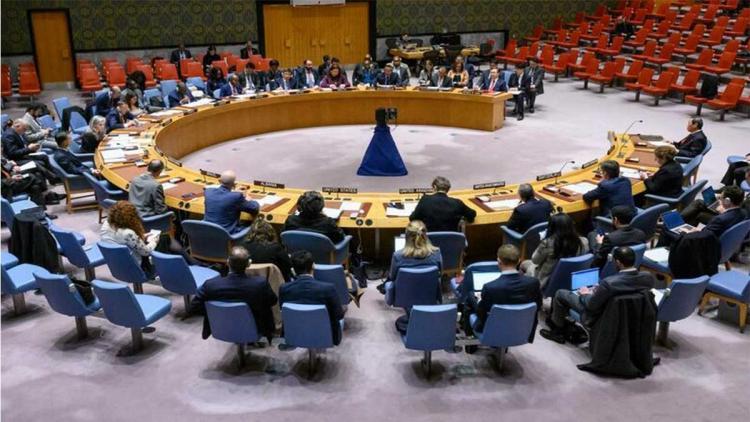Pakistan is poised for a potential election to the United Nations Security Council next year, having secured unanimous support from the Asia Pacific Group. This endorsement positions Pakistan to wield significant influence, essentially possessing a virtual veto on sanctions related to terrorism. While lacking veto powers like the Council's permanent members, non-permanent members, if elected, can impede decisions within the committee responsible for imposing sanctions on terrorists.
This development holds strategic implications for Pakistan, as it would no longer be reliant on China to shield individuals like Sajid Mir, the orchestrator of the 26/11 Mumbai attacks, who obtained relief in June from the Al-Qaeda Sanctions Committee. Furthermore, Islamabad would secure a seat on the Council's Counter-Terrorism Committee, enhancing its role in shaping global counter-terrorism efforts.
If elected, Pakistan is expected to align closely with China, serving as a counterbalance to South Korea, occupying the other Asia seat until 2025. Despite being the consensus candidate of the Asian Group and securing unanimous support from 53 electoral members, including India, the outcome is not guaranteed. To clinch victory, Pakistan must secure two-thirds of the votes from all 193 member states in the General Assembly's election slated for the middle of next year.
Past elections underscore the unpredictability of the process, with instances like Kyrgyzstan challenging Pakistan's candidacy in 2011. This uncertainty allows room for potential contenders from the region to challenge Islamabad's bid.
Munir Akram, Pakistan’s Permanent Representative, orchestrated the diplomatic efforts leading to the Asia Group's support, involving approximately 20 diverse countries. If successful, Pakistan is likely to leverage its position to elevate the Kashmir issue and align with China on contentious global matters, irritating Western countries.
Looking ahead, there are four other contests for non-permanent seats in 2025, with Africa and Latin America/Caribbean groups each having one, and two for the Western European and Others Group. Additionally, the UN Human Rights Council elections in 2023 will be closely watched, as India concludes its term after serving two consecutive terms.
While there won't be an election for the International Court of Justice next year, the election for six International Criminal Court judges in December will set the stage for terms beginning in 2024, although India, having not signed the court's statute, will not participate.
(With Agency Inputs)
Read also| Australian Sikh Takes to Social Media to Report Death Threat and Verbal Abuses
Read also| US and China To Skip COP28 Summit in Dubai


















